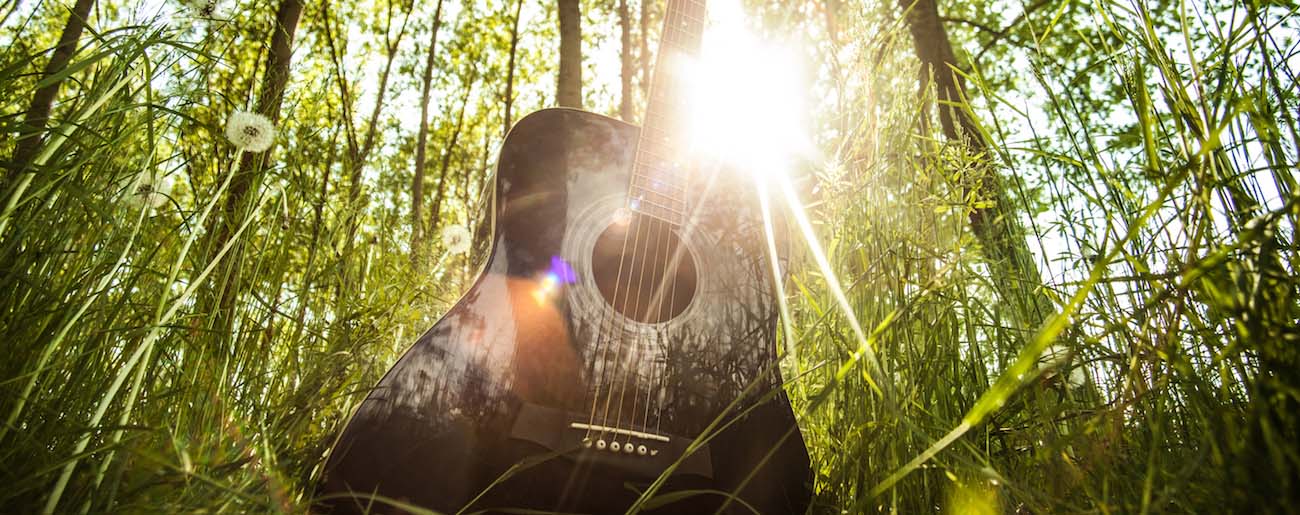
In January 2017, our very own Ian Bush was able to attend the National Association of Music Merchants (NAMM) show.
It is an annual gathering for those who buy and sell musical instruments, equipment, and just about everything else related to music performance and education.
This year, NAMM’s guitar manufacturers and dealers took upon an issue that affects the guitar manufacturing industry; the new International rules surrounding the regulation of the trade in rosewood. Rosewood is a group of richly hued, expensive, and overly-exploited tropical wood species that are a staple in the industry.
The Convention on International Trade in Endangered Species (CITES) which consists of delegates from 183 countries has implemented stricter rules in the import and export of rosewood. CITES had to react with the overexploitation of rosewood especially in the furniture export which poses a threat to the survival of many rosewood species.
How does this affect Artist Guitars?
We respect these new rules implemented and we are sympathetic to the cause of preserving rosewood species. Brazilian Rosewood has long been on the endangered list; but now, all rosewood species are endangered. Legally we can still use rosewood however for the sustenance of the species, we have chosen to use a newly developed Eco-Rosewood. It's made from a selection of wood species to give very similar tonal and structural properties to rosewood but is much more sustainable. (99.98% basswood bark + 0.02% glue)
We have started using eco-rosewood on some of our guitars.
You will see that there is an indiscernible difference to our previous lines of guitars using rosewood. Other models will be undergoing trials using different woods for fingerboards in the future, we'll keep you abreast of the changes as the models are released.
We still assure you that our guitars are great value for money and the same quality control procedures apply, and believe that our love for manufacturing musical instruments should also reflect our care and responsibility to sustainability to help save rosewood for future generations.
- Jason

Thanks for reading this blog! For even more great content, check out these pages:
I hope this article has helped, if you need any assistance please email:
sales@artistguitars.com.au or call us on 1300 489 816
© Artist Guitars 2021